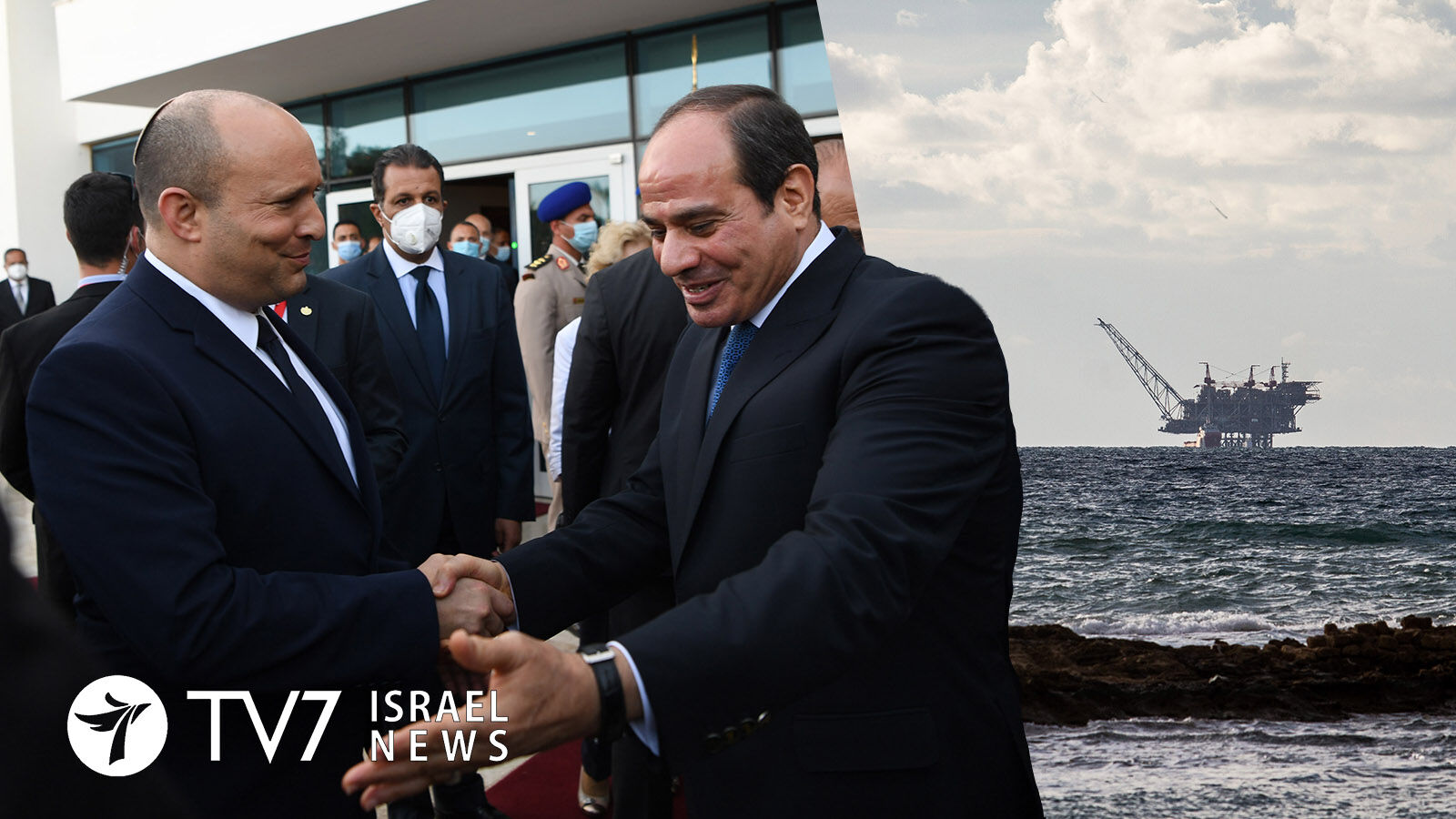It will not be a problem if Israeli natural gas that is exported to Egypt makes its way to Lebanon, said Jerusalem’s Energy Minister.
By Erin Viner
Even though it is in a formal state of war with Lebanon, Israel is willing to overlook the re-routing of exports from its offshore well if it helps the neighboring Arab Republic cope with its devastating economic melt-down.
Egypt produces its own gas but is still dependent on imports from Israel’s natural gas field in the Mediterranean Sea known as Leviathan, which also also supplies Jordan.
Beirut is currently exploring ways to receive supplies from Cairo to ease crippling power shortages, and has already signed a deal with Amman that involves transmission of electricity across Syria.
“There’s a big energy crisis in Lebanon,” Energy Minister Karine Elharrar told Israel’s Army Radio.
If gas exports that reach Lebanon “bring calm to the region, I can’t object to it,” she stated, adding, “Nobody can go and inspect the molecules and check whether they originally came from Israel or Egypt.”
Minister Elharrar attended an industry event in Cairo on Monday where she received a warm welcome from Egyptian President Abdel Fattah al-Sisi. Representatives from Iraq and Yemen – countries which also have no ties with Israel – were also present.
Israel’s Eco Energy consulting and investment firm CEO Amit Mor was cited by Reuters as saying that the current network of pipelines means the most likely route for Leviathan’s gas to be transported to Lebanon, however, would be across Israel into Jordan without entering Egypt, and delivered via the Arab Gas Pipeline via Syria.
The arrangement would also net Leviathan partners an estimated $100 million of additional annual revenue, he said.
Leviathan Partner Delek Drilling declined to comment on the developments.
Israel’s Channel 12 television news channel reported last month that Jerusalem signed a secret deal to indirectly deliver gas to economically-stricken Lebanon through Jordan, in an arrangement that was signed off on by both the United States and Russian President Vladimir Putin,
Washington has long been involved in trying to resolve the dispute between Israel and Lebanon, which are in a formal state of war, over maritime borders in the Mediterranean Sea. Talks mediated by the US were relaunched in October 2020r at a United Nations peacekeeper base in southern Lebanon, in the culmination of three years of diplomacy.
So far attempts to reach agreement ended at an impasse, obstructing Beirut’s access to lucrative hydrocarbon exploration in the potentially gas-rich area.
While Israel has long pumped gas from enormous offshore reserves, cash-strapped Lebanon has yet to discover any commercial gas reservoirs in its own waters. Despite being in the worst economic crisis since its 1975-1990 civil war that is threatening national stability, Lebanese political leaders have failed to bridge their differences to address the crisis.
The secret Israeli deal to help Lebanon was reportedly mediated by US Special Envoy and Coordinator for International Energy Affairs Amos Hochstein in a likely effort to provide an alternative to delivery of Iranian oil by its Lebanon-based proxy, the Hezbollah terror group.
Moscow’s approval was likely needed as the Israeli gas may be transferred via its ally Syria.
